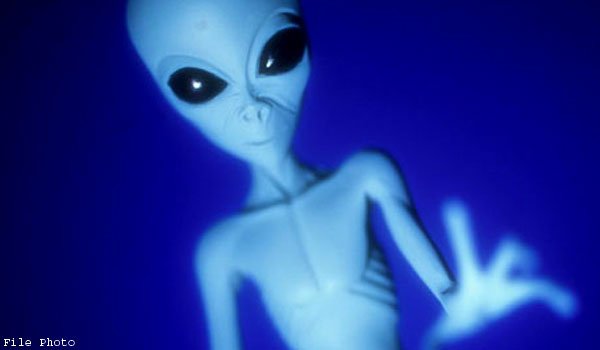The physicist believes it is realistic that there is life elsewhere in the universe.
Hawking, whose life story was told in Oscar-winning movie The Theory of Everything, claims that if aliens arrive on Earth it might be bad news.
“If aliens visit us, the outcome could be much like when Columbus landed in America, which didn’t turn out well for the Native Americans,” he told El Pais.
“Such advanced aliens would perhaps become nomads, looking to conquer and colonize whatever planets they can reach. To my mathematical brain, the numbers alone make thinking about aliens perfectly rational.
“The real challenge is to work out what aliens might actually be like.”
Hawking also reiterated his belief that computers will overtake humans with AI within the next 100 years.
“When that happens, we need to make sure the computers have goals aligned with ours,” he said.
Hawking added that it was imperative for humans to colonize other planetary bodies to ensure their future against any disasters on Earth.
"There's an increasing risk that a disaster will destroy Earth," Prof Hawking explains. "I therefore want to raise public awareness about the importance of space flight. I have learnt not to look too far ahead, but to concentrate on the present.”
Hawking has been voicing his concerns about the dangers of advanced alien life since 2010. He last shared his opinions in July when he personally endorsed billionaire Yuri Milner’s ten-year $100-million project to search for intelligent `life beyond Earth.
"We don't know much about aliens, but we know about humans," he said at the time. "If you look at history, contact between humans and less intelligent organisms have often been disastrous from their point of view, and encounters between civilizations with advanced versus primitive technologies have gone badly for the less advanced. A civilization reading one of our messages could be billions of years ahead of us. If so, they will be vastly more powerful, and may not see us as any more valuable than we see bacteria."
Cosmologist and astrophysicist Martin Rees disagreed saying, "they may know we're here already."
-IGN






